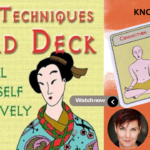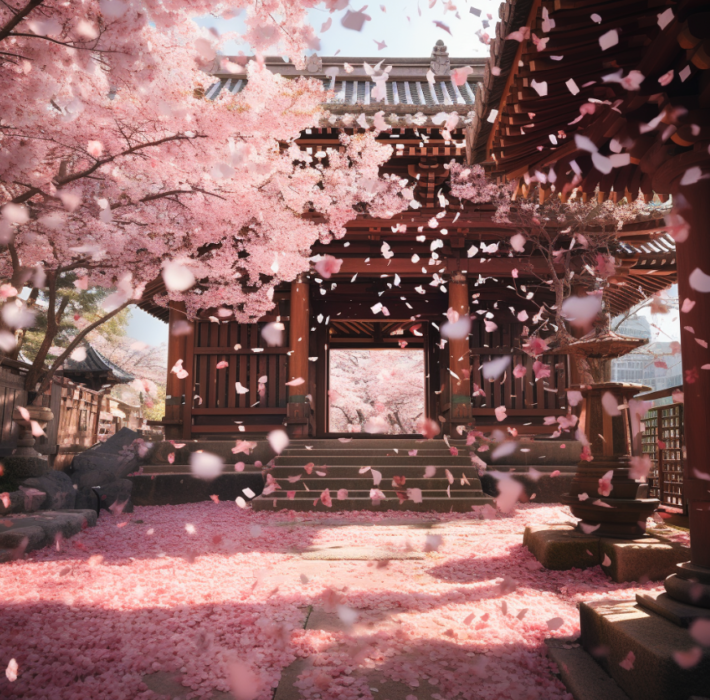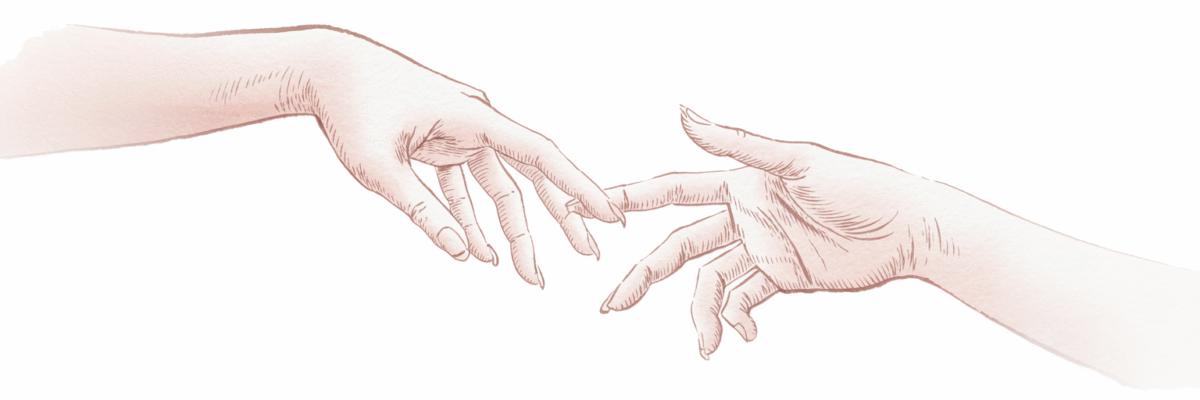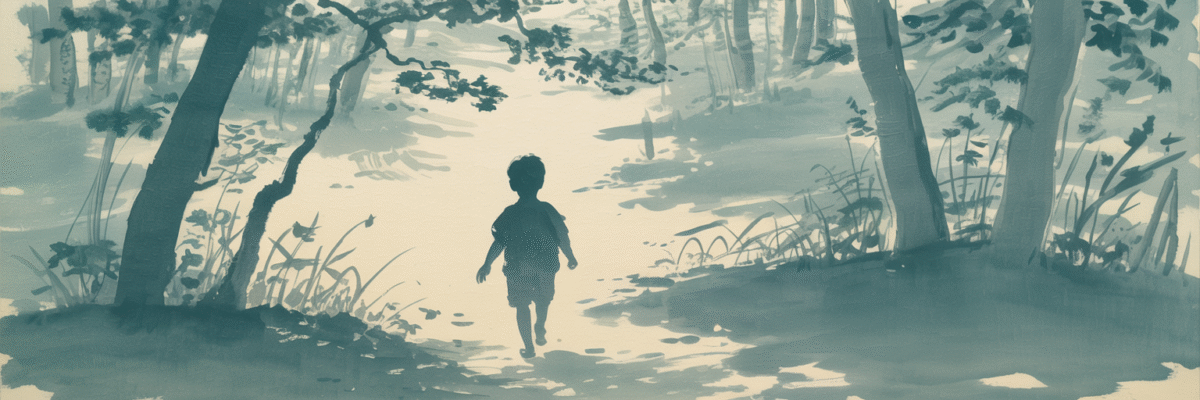
Reiki Techniques Card Deck: Card 16
November 3, 2023
Being Wrathful Compassion on Reiki Women Podcast
November 4, 2023The Japanese term “Mono no Aware” and the principle of “For Today Only” from the Reiki Precepts both capture the essence of living in the present moment. At first glance, these two concepts might seem unrelated—one a cornerstone of traditional Japanese aesthetics and the other rooted in the spiritual practice of Reiki. Yet, upon closer examination, we discover that they both encourage us to embrace the beauty of impermanence and the significance of the ‘now.’
Mono no Aware: The Bittersweet Poignancy of Things
Mono no Aware is often translated as the bittersweet poignancy of things”, an awareness of the impermanence or transience of all things and a gentle sadness at their passing.
The term was popularized in the 18th century by the Edo period literary scholar Motoori Norinaga, who identified Mono no Aware as a defining characteristic of the Japanese cultural psyche. It represents a poignant, gentle sadness or empathy towards the transient nature of life and the bittersweet beauty that such impermanence imparts.
This sensibility encourages an acute awareness of the ephemeral beauty in the world, prompting a deep, emotional appreciation for moments that are all the more precious because they are fleeting. It is often evoked in the context of the changing seasons, such as the falling of cherry blossoms in spring which serve as a reminder of the fragility and the transient nature of life itself. The concept of Mono no Aware is deeply rooted in both Shinto and Japanese Buddhist thought, which value the acceptance and contemplation of the natural cycle of growth, decay, and death.
For Today Only: The Essence of Reiki Precepts
The principle of For Today Only precedes the five Reiki Precepts—Do not anger, Do not worry, Be grateful, Be true to your way, and Be compassionate to yourself and others. It serves as a reminder to focus on the present moment, on today, as the only time when we have the power to change, heal, and transform. Brought into the system of Reiki by the founder Mikao Usui, the Reiki Precepts represent the sensibility of Japanese spirituality in the early 1900s. Within the system of Reiki we understand that to be the Reiki Precepts is to be Reiki, and they stand as both the foundation for the practice and its pinnacle.
The Common Thread
Both Mono no Aware and For Today Only emphasize the importance of embracing the present moment. While Mono no Aware urges us to appreciate the beauty in the fleeting nature of life, For Today Only directs our attention to the endless possibilities that today holds for healing and transformation. They both tell us that it is ‘now’ where our power resides, where change and appreciation happen.
Impermanence and the Present Moment
These two philosophies also draw our attention to the impermanence of life, which, instead of being a source of despair, becomes a reason to live more fully. Knowing that nothing lasts forever can liberate us from taking things for granted and propel us into a more mindful way of living.
There is No Good or Bad
The concepts of Mono no Aware and For Today Only encourage us to step beyond the confines of judgment and duality, whether we deem a moment auspicious or challenging. They beckon us to a state of acceptance that transcends labels of ‘good’ or ‘bad.’ By embracing these principles, we are reminded of the impermanent nature of all experiences—inviting us to appreciate the intrinsic value of each moment, simply because it exists and is impermanent. This acceptance enriches our presence within the flow of life, allowing us to engage with the ebb and flow of experiences with grace and equanimity, understanding that every instance, joyful or sorrowful, is fleeting.
Bringing Them Together in Practice
When we integrate the awareness of Mono no Aware into our practice of the Reiki Precepts, we add a layer of depth to our spiritual journey. For instance, the appreciation of the impermanent beauty in all things can make our practice of gratitude even more meaningful.
Likewise, understanding that today is the only day we have can enrich our experience of Mono no Aware, as it narrows down our focus to the most tangible present moment, giving us a vivid framework to appreciate life’s fleeting beauty.
By blending the insights from these two profound philosophies, we can deepen our spiritual practice and enrich our everyday lives, grasping the ephemeral beauty of now in a world of endless possibilities for healing and growth.






